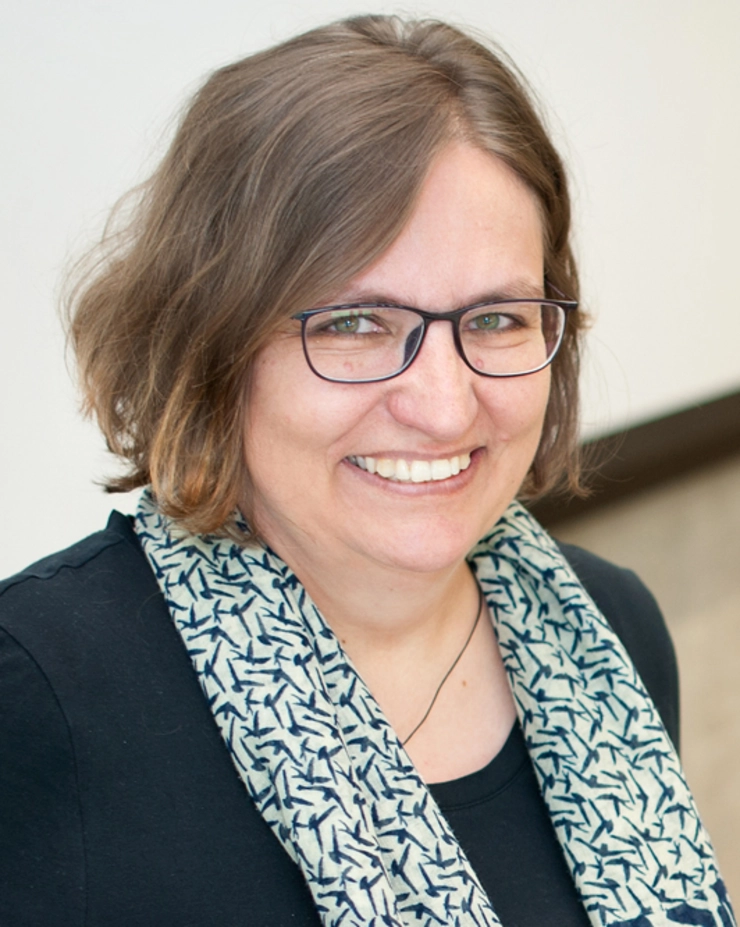TMWWDG funds new research unit for eyewitness interviews at the University of Erfurt

"The focus of our research work is the 'East German experience'," explains Professor Christiane Kuller, who heads the project. "In the research unit, we want to take up the specifics of so-called 'oral history' on the GDR and transformation periods and develop new methodological approaches from them."
As a central institution of this kind in the East German states, the new research unit is to be expanded into a supra-regional centre and, in its design, be a building block of the nationwide network of oral history institutions that is currently being established. Currently, there is a much-discussed social tension between the narratives of contemporary witnesses and academic research on the memory of the GDR and the subsequent transformation phase. Against this background, the research unit is developing and establishing a concept for a respectful and fair dialogue, which will also deal in particular with questions of power and participation. Finally, it also sees itself as a centre of excellence and transfer body for researching, communicating and archiving contemporary witness-based knowledge. Christiane Kuller: "Our goal is to make oral history sources accessible for educational and mediation tasks beyond the research process. To this end, we will conduct interviews ourselves, but also archive and process existing interview stocks in order to develop specific training offers for various social institutions and actors such as schools, senior citizens' homes, associations, church congregations, etc."
